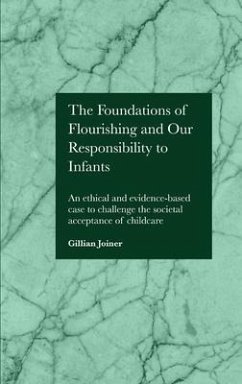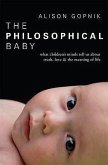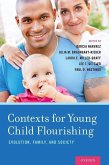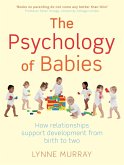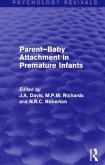Neuroscientific evidence reveals that childcare centres are high stress environments which can disrupt the brain's emotional developmental circuitry during critical phases, impacting a child's later ability to flourish. At the same time evidence also reveals that some parenting practices are sub-optimal. Exploring what it is infants really need to grow emotionally well, represents a largely unexplored issue. If the state wants to be populated by flourishing individuals, then this topic must be addressed. Using an ethical framework to tease out the wide ranging, complex, and sometimes controversial issues that this dilemma presents, The Foundations of Flourishing and Our Responsibility to Infants follows a cross-disciplinary journey. The author pieces together pertinent issues in a synthesised critique of political, feminist, and moral philosophy, as well as psychological and neuroscientific findings, and offers some possible solutions. It will be of interest to researchers and teachers in areas including philosophy, psychology, education, social care, as well as educators and policy-makers in early childhood development.
Hinweis: Dieser Artikel kann nur an eine deutsche Lieferadresse ausgeliefert werden.
Hinweis: Dieser Artikel kann nur an eine deutsche Lieferadresse ausgeliefert werden.

